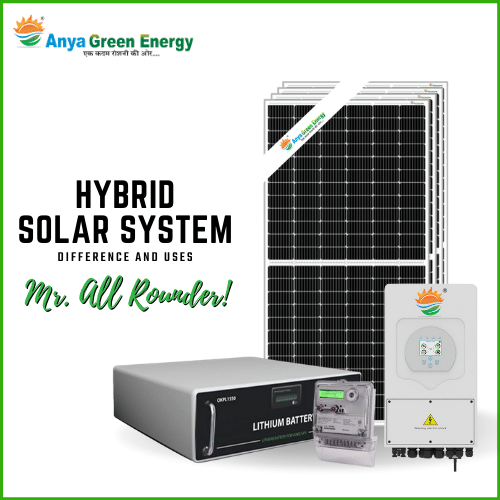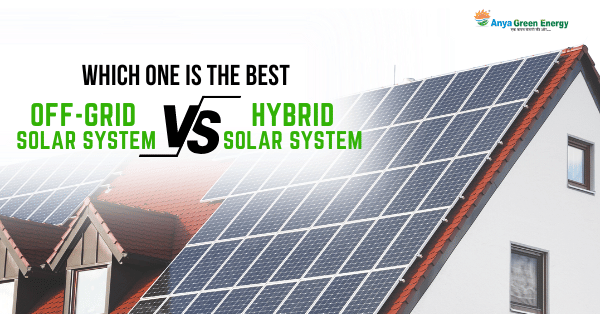HYBRID SOLAR SYSTEM FOR ELECTRICAL APPLIANCES FACTORY
In an era where sustainable practices are at the forefront of industrial development, electrical appliances factories are increasingly turning to innovative solutions to meet their energy needs while minimizing their environmental footprint. One such groundbreaking solution gaining traction is the integration of hybrid solar systems. Combining the strengths of solar and conventional power sources, hybrid systems offer a reliable and sustainable energy solution for the demanding operations of electrical appliances factories.
Get Hybrid Solar System for Electrical Appliances Factory

Why choose hybrid solar system for electrical appliances factory ?
Electrical appliances factories are energy-intensive environments, relying heavily on electricity to power machinery, lighting, and other operational components. Choosing a hybrid solar system for electrical appliances factory is a strategic move that brings numerous advantages.
Reliability and Consistency: Hybrid solar systems ensure a constant power supply, addressing the intermittent nature of solar energy production. The integration of conventional power sources, such as the grid or generators, guarantees a reliable energy supply, especially during periods of low sunlight or adverse weather conditions.
Cost Efficiency: The operational costs of electrical appliances factories can be substantial, with electricity bills being a significant part of the overhead. Hybrid solar systems help reduce these costs by harnessing solar energy during peak production hours, thus lowering dependence on conventional power sources and, subsequently, reducing electricity bills.
Importance of hybrid solar system for electrical appliances
Environmental Sustainability: Electrical appliances factories are often associated with high energy consumption and carbon emissions. Hybrid solar systems for electrical appliances factory, play a crucial role in mitigating the environmental impact of these operations. By harnessing clean, renewable solar energy, factories can significantly reduce their carbon footprint, contributing to global efforts to combat climate change.
Energy Independence: Relying solely on conventional power sources can make factories vulnerable to energy price fluctuations and supply disruptions. Hybrid solar systems offer a degree of energy independence by allowing factories to generate their own power. This not only provides a stable energy source but also insulates factories from the uncertainties of external energy markets.
Benefits of hybrid solar system for electrical appliances factory
Reduced Operational Costs: One of the primary benefits of adopting a hybrid solar system is the substantial reduction in operational costs. Solar energy, once the system is installed, is essentially free. This translates to long-term savings on electricity bills, making the initial investment in the hybrid system a wise financial decision.
Optimized Energy Consumption: Hybrid solar systems are designed to optimize energy consumption by intelligently switching between solar and conventional power sources based on demand and availability. This ensures that the factory operates efficiently while minimizing waste and excess energy usage.
Scalability and Adaptability: Electrical appliances factories often undergo expansions or modifications in their operations. Hybrid solar systems are scalable and adaptable, allowing for easy integration with existing infrastructure and the flexibility to expand the system to meet growing energy demands.
Corporate Social Responsibility (CSR): Embracing hybrid solar system for electrical appliances factory aligns with the principles of corporate social responsibility. Companies that prioritize sustainability and environmentally-friendly practices enhance their public image, attract environmentally-conscious consumers, and contribute to the overall well-being of the community.
The adoption of hybrid solar systems marks a significant stride towards sustainability and efficiency in the realm of electrical appliances factories. These systems not only provide a reliable and cost-effective energy solution but also position factories as responsible contributors to environmental conservation. As industries continue to evolve, embracing innovative and eco-friendly practices becomes imperative. The integration of hybrid solar system for electrical appliances factory serves as a beacon of progress, paving the way for a cleaner, greener, and more sustainable future in industrial operations.


